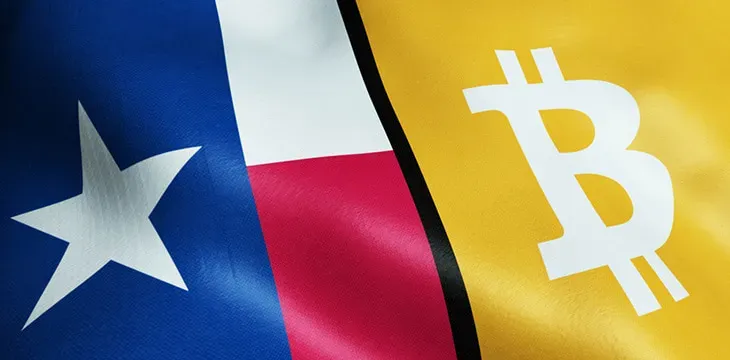Texas Senate Moves Forward with Bitcoin Reserve Bill Amid Market Fluctuations

Texas has taken a significant step towards establishing a strategic Bitcoin reserve, as the Texas Senate Banking Committee unanimously approved Senate Bill 21 (SB-21) on February 27, 2025. This bill aims to empower the Texas Comptroller of Public Accounts to manage Bitcoin and other cryptocurrencies as a hedge against economic volatility and inflation.
Key Takeaways
- The Texas Senate Banking Committee passed SB-21 with a 9-0 vote.
- The bill allows the state to acquire, sell, and trade Bitcoin and other cryptocurrencies.
- It aims to enhance financial security for Texas residents.
- Other states, including Oklahoma and Arizona, are considering similar legislation.
Overview of SB-21
Senate Bill 21, introduced by State Senator Charles Schwertner, is designed to create a strategic reserve of Bitcoin and other digital assets. The bill emphasizes that cryptocurrencies can serve as a safeguard against inflation and economic instability. By allowing the state to manage these assets, Texas aims to provide greater financial security for its residents.
Legislative Journey
Initially, SB-21 was a Bitcoin-only bill, but it was revised in February 2025 to include other digital assets. This change followed an executive order from President Donald Trump, which called for a study on the feasibility of a federal digital asset stockpile. The evolution of the bill reflects a growing recognition of the potential benefits of digital currencies at both state and federal levels.
Implications for Texas and Beyond
The approval of SB-21 could set a precedent for other states considering similar measures. States like Oklahoma, Arizona, and Utah are also exploring Bitcoin reserve bills to diversify their financial portfolios and protect against inflation. The movement towards state-level Bitcoin reserves may encourage the federal government to adopt a similar strategy, potentially leading to a national digital asset reserve.
Expert Opinions
During the public hearing for SB-21, various experts weighed in on the implications of the bill. Nexo analyst Iliya Kalchev noted that while the hearing was symbolic, it did not significantly impact Bitcoin adoption or prices. He emphasized that for the markets to respond positively, Texas would need to actively acquire Bitcoin as part of its investment strategy.
Pierre Rochard, a Bitcoin advocate and vice president of research at Riot Platforms, argued in favor of the strategic reserve, highlighting the need for Texas to prepare for future economic uncertainties. He pointed out that Bitcoin's transparency and auditability make it a unique asset in an era of declining public trust in financial institutions.
Conclusion
The advancement of the Texas Bitcoin reserve bill marks a pivotal moment in the ongoing dialogue about the role of cryptocurrencies in state and national economies. As more states consider similar legislation, the potential for a broader acceptance of digital assets continues to grow, paving the way for a future where cryptocurrencies play a significant role in financial security and stability.